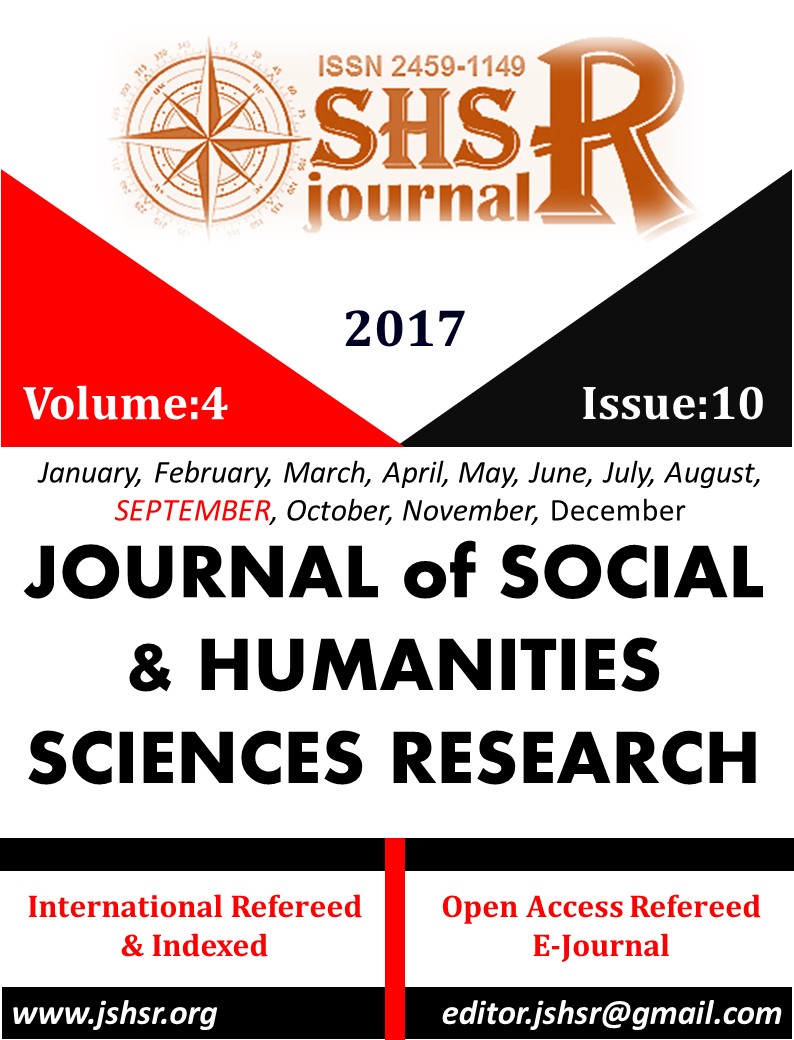RELATIONSHIPS BETWEEN NARCISSISM PERSONALITY TRAIT AND SELF ESTEEM
DOI:
https://doi.org/10.26450/jshsr.54Keywords:
Narcissism, Self-Esteem, PersonalityAbstract
Narcissism is a personality trait characterized by a sense of superiority and a desire for respect and admiration from others. A common belief, both in psychology and in popular culture, is that narcissism represents a form of excessive self-esteem. Some psychologists, suggest that narcissism related an exaggerated form of high self-esteem or inflated self-esteem. So that self-esteem increase narcissist personality trait. Self-esteem indicates whether people have a low or high sense of their overall self-worth. Personality deals with organized traits which are emotional, cognitive, and social. Various approaches have been proposed to examine personality but the Big-Five Personality Theory which suggests personality traits can be assessed under the five-factor has begun to come to the fore. These factors are extraversion, agreeableness, emotional stability, conscientiousness and openness to experience. Both personality traits and self-esteem effect on narcissism. In light of the literature the aim of this study is to examine whether extraversion, agreeableness, emotional stability, conscientiousness and openness to experience and self-esteem’s predict narcissism. Research group consisted of 352 (71.9% female, 28.1% male) university students and teachers. The preliminary analyses showed that extraversion, agreeableness, emotional stability, conscientiousness and openness to experience and self-esteem’s predict narcissism. First regression analyzed showed that openness to experience, agreeableness, emotional stability and self-esteem significantly predicts narcissism. Second regression analyzed showed that extraversion, openness to experience and self esteem significantly predict narcissism in women also openness to experience and agreeableness predict narcissism in men.
Downloads
Published
How to Cite
Issue
Section
License
Copyright (c) 2017 INTERNATIONAL JOURNAL OF SOCIAL HUMANITIES SCIENCES RESEARCH

This work is licensed under a Creative Commons Attribution 4.0 International License.


